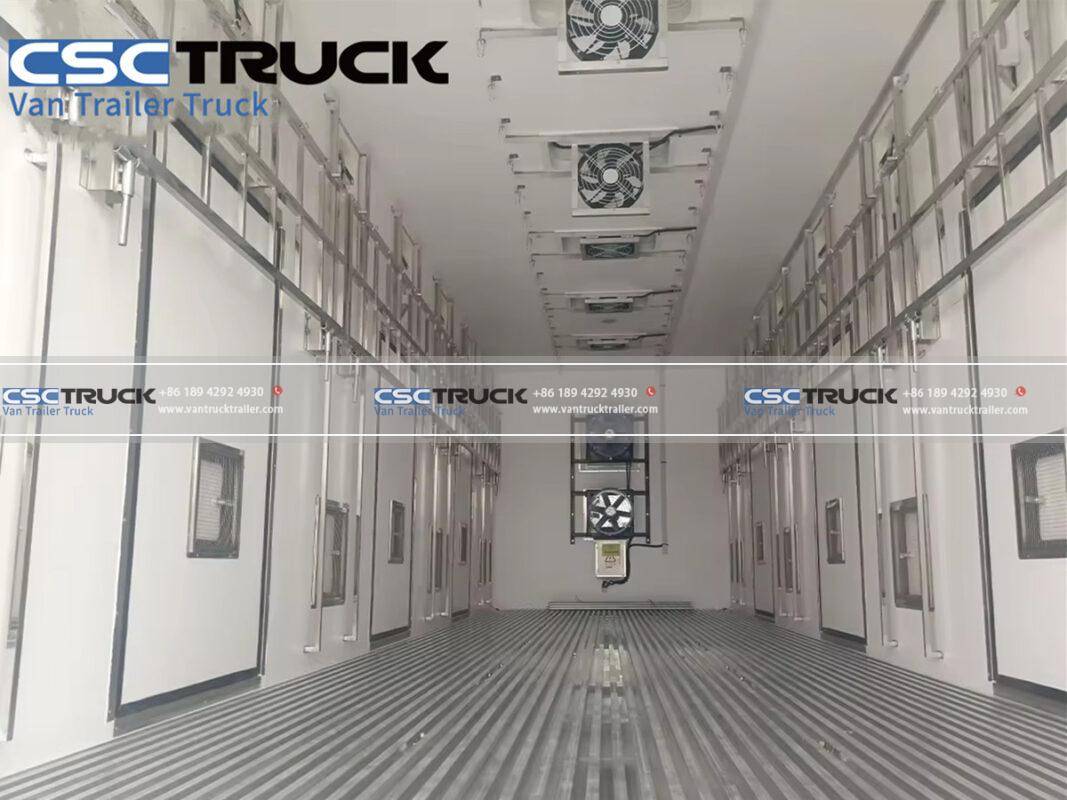Suriname’s lush rainforests and rich biodiversity are well-known, but this South American nation also boasts a thriving agricultural sector. This sector plays a critical role in both the country’s economy and its ability to feed its people. Recently, a game-changer has arrived on the scene: livestock trailer delivery.
This innovation marks a turning point for Suriname’s agricultural progress. It offers a range of benefits that promise to boost productivity, efficiency, and sustainability across the industry.
Livestock farmers in Suriname have traditionally faced transportation hurdles. Getting animals to market and processing facilities has been labor-intensive and slow, relying on outdated methods that limited the industry’s potential. But with the arrival of specialized livestock trailers, farmers now have a modern, efficient solution that streamlines the process.
Game Changer for Farmers:
One key advantage of these trailers is their ability to transport more animals in one trip. This significantly reduces transportation costs and makes farmers’ operations more efficient. The trailers are also equipped with advanced ventilation systems and safety features. This ensures the well-being of the animals during transport, minimizing stress and keeping them in better condition upon arrival. As a result, farmers can transport their livestock faster and more safely, freeing them to focus on other areas of their work.
Boosting Food Security:
Livestock trailer delivery also strengthens Suriname’s food security. By facilitating the movement of animals to areas with high demand, farmers can better respond to market needs. This ensures a steady supply of meat products for consumers across the country. This not only strengthens domestic food production but also reduces reliance on imports, making Suriname more self-sufficient and economically resilient.
Sustainable Solution:
Finally, these trailers promote sustainability in Suriname’s agricultural sector. Compared to traditional methods like herding animals or using trucks, livestock trailers are more fuel-efficient and emit fewer greenhouse gases, resulting in a smaller carbon footprint. By embracing sustainable transportation practices, Suriname demonstrates its commitment to environmental stewardship and contributes to the fight against climate change.
In conclusion, the introduction of livestock trailer delivery is a major step forward for Suriname’s agricultural sector. It offers many benefits that promise to enhance productivity, efficiency, and sustainability. With access to modern and efficient transportation solutions, Suriname is well-positioned to unlock new opportunities for growth and development in its agricultural industry. As the nation embraces innovation and technology, the future looks bright for Suriname’s farmers and food producers.

